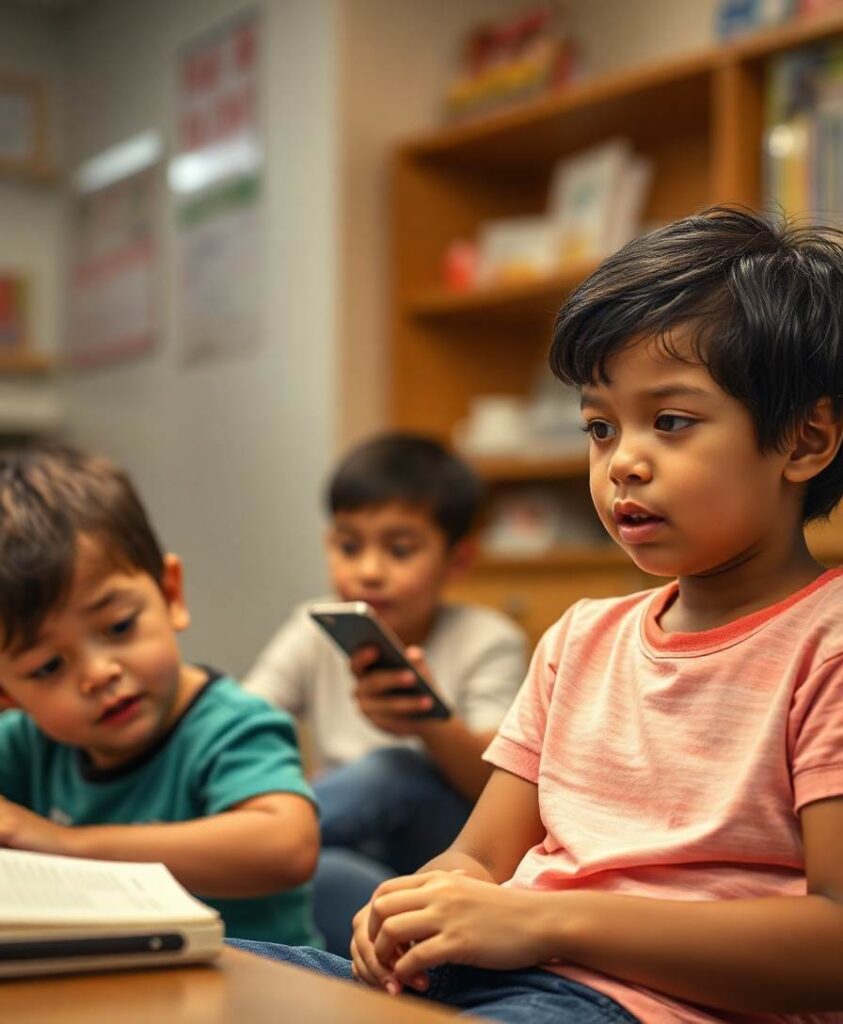Betty Hamilton of Eastman, Georgia, took in her five grandsons, ages 4 to 10, after their father died suddenly of covid in August. They had already lost their mom in a car crash years ago. With no financial help from the government, except food stamps and Medicaid, she struggles to provide the basics: keeping them fed and clothed as they grow.
But for these kids and countless others, the unaddressed emotional needs seem the greatest risk. Stressful events can be “biologically embedded,” says one expert, and their unresolved grief and depression can haunt them for life, leaving them economically disadvantaged.
KHN (Kaiser Health News) is a national newsroom that produces in-depth journalism about health issues. Together with Policy Analysis and Polling, KHN is one of the three major operating programs at KFF (Kaiser Family Foundation). KFF is an endowed nonprofit organization providing information on health issues to the nation.USE OUR CONTENTThis story can be republished for free (details).



